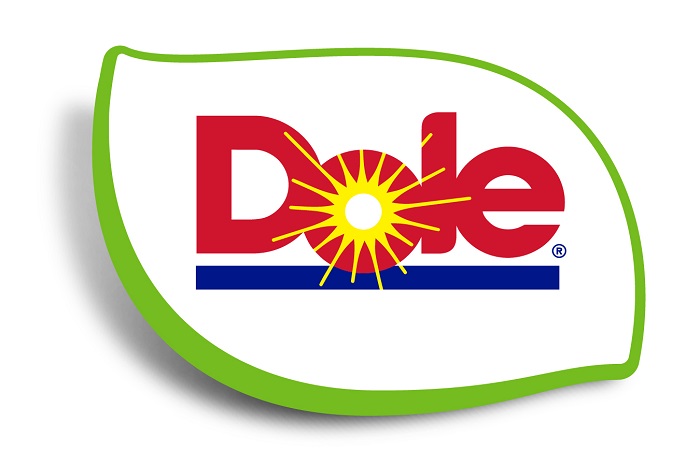Recall cuts into Dole’s Q1 results

Dole’s value added salads recall and foreign currency translation movements cut into Dole’s revenue during the first quarter of 2022 and contributed to a net income loss of $1.4 million for the quarter.
According to a statement, revenue for the first quarter increased to $2.2 billion from $1.1 billion. The increase was primarily driven by the impact of revenue from DFC following the acquisition by Dole plc.
On a pro-forma comparative basis, revenue decreased marginally, primarily due to a decrease in fresh vegetables resulting from the Value Added salads product recall in January and February 2022 and negative foreign currency translation movements which together accounted for a $112.0 million impact to revenue. Regarding profits, the pro-forma comparative for the group from 1Q21 would have been $57.7 million.
“We are pleased with the result that the Group has delivered for the first quarter of 2022 particularly as we were impacted by the Value Added salads recall and foreign currency translation movements in the quarter,” said Carl McCann, Dole Plc’s Executive Chairman.
“Our diversified business model has once more proven itself to be resilient. For the 2022 financial year, we are now targeting revenue in the range of $9.4 billion to $9.7 billion and Adjusted EBITDA in the range of $350.0 million to $370.0 million,” he added.
In the fresh fruit segment, Revenue for the first quarter increased 0.7 percent compared to pro-forma revenue for the first quarter of 2021.
Revenue was positively impacted by increased pricing in North America and Europe as well as by higher revenues from the commercial cargo business, but partially offset by lower pricing in non-core markets and negatively impacted by a decrease in volumes sold in European and North American markets.
Adjusted EBITDA for the first quarter decreased 32.5% compared to the prior year on a pro-forma basis. The prior year comparative had the benefit of strong market conditions due to tight supply conditions following hurricanes Eta and Iota in November 2020.
This result was negatively impacted by lower volumes as well as higher cost of fruit, driven by higher input costs in packaging, fertilizers and other materials, as well as higher distribution costs, driven by higher fuel and higher ocean and inland freight costs.
These higher costs were partially offset by higher pricing in core markets as well as by strong performance in the commercial cargo business.



































